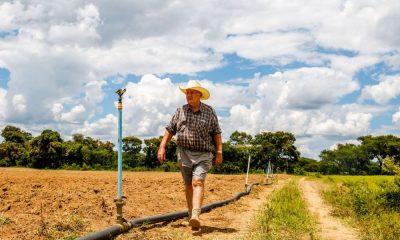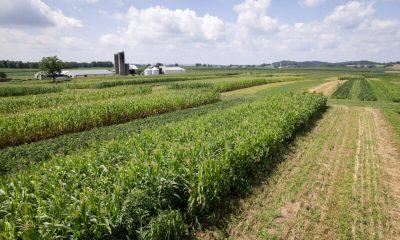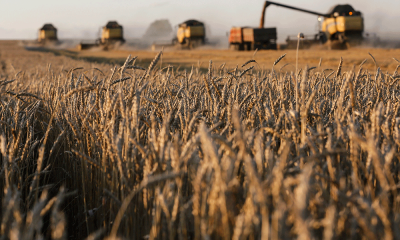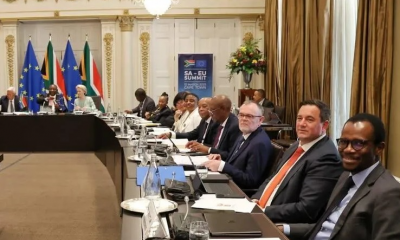Business
Unlocking South Africa’s Agricultural Potential: The Case for Accelerated Land Reform

As South Africa enters 2025, the focus on land reform has taken center stage in agricultural development discussions. President Cyril Ramaphosa has reiterated his commitment to addressing this critical issue, with an emphasis on releasing government-owned land to deserving beneficiaries and improving post-settlement support for farmers.
In his July 2024 parliamentary address, Ramaphosa stated:
“We will increase funding to land reform, prioritise the transfer of state land and improve post-settlement support by strengthening the institutional capacity of responsible structures.”
This commitment signals a renewed urgency to unlock the potential of unused government land and foster inclusive growth in the agricultural sector.
The Land Reform Challenge
South Africa’s government has accumulated approximately 2.5 million hectares of farmland under the Proactive Land Acquisition Strategy. These lands, held in the Agricultural Land Holding Account, remain underutilized due to delays in transferring ownership to farmers.
For black farmers, the lack of secure tenure—in the form of title deeds—has been a significant barrier to accessing funding and achieving commercial success. Short-term government leases do not provide the stability needed to attract investment or develop long-term operational plans.
Moreover, some farmers have faced bureaucratic hurdles and instances of corruption, including illegal removal from their farms. Addressing these issues is essential for the success of land reform initiatives.
Strategic Importance of Land Reform
The release of government-owned land to deserving beneficiaries has the potential to:
- Boost Agricultural Productivity: Farmers with secure tenure are more likely to invest in infrastructure, equipment, and sustainable farming practices.
- Create Jobs: A thriving agricultural sector can generate employment opportunities, particularly in rural communities.
- Support Economic Growth: Agriculture remains a key driver of South Africa’s economy, with the potential to contribute significantly to GDP and export revenues.
Post-Settlement Support
President Ramaphosa has emphasized the need for robust post-settlement support to ensure the success of land reform beneficiaries. This includes:
- Access to Funding: Programs like the Blended Finance Scheme, managed by the Department of Agriculture and the Land Bank, aim to provide financial support to farmers.
- Skills Development: Partnerships with commodity associations and initiatives such as Partners in Agri Land Solutions and SerDev can equip farmers with the technical expertise needed to manage their operations effectively.
- Market Access: Supporting farmers in accessing domestic and international markets is vital for sustainable growth.
The release of government land aligns with broader initiatives, such as the Agriculture and Agro-processing Master Plan, which seeks to expand the sector’s contribution to South Africa’s economy. By prioritizing land reform, the government can also address structural inequalities and promote inclusive economic development.
Accelerating the release of government-owned land to deserving beneficiaries is a critical step in addressing South Africa’s agricultural challenges. With clear policy direction, increased funding, and effective collaboration between public and private stakeholders, the country can unlock the potential of its agricultural sector.
As South Africa seeks to revive its economy and reduce unemployment, land reform offers a pathway to inclusive growth and sustainable development. By ensuring that farmers have the tools and support they need to succeed, the government can lay the foundation for a thriving agricultural future.
Follow Joburg ETC on Facebook, Twitter , TikTok and Instagram
For more News in Johannesburg, visit joburgetc.com



























